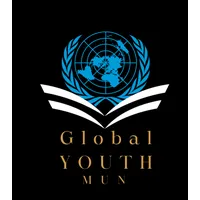International MUN making world better
The upcoming Model United Nations (MUN) conference, scheduled for April 6-7, will feature a critical debate within the United Nations Security Council (UNSC) on the topic of revising the veto power. The veto power, granted to the five permanent members (P5) of the Security Council—China, France, Russia, the United Kingdom, and the United States—has been a subject of intense discussion and controversy since the UN’s inception. While the veto serves as a safeguard against unilateral actions that could escalate conflicts, it has also been criticized for hindering swift decision-making and enabling political deadlock on urgent global crises.
This session will bring together delegates to analyze the effectiveness and fairness of the veto power, explore potential reforms, and debate whether changes should be made to ensure a more equitable and efficient Security Council. Delegates will be tasked with balancing the principles of national sovereignty, international cooperation, and global security, while considering the political realities of the UN framework.
Discussions may include proposals such as limiting the use of the veto in cases of mass atrocities, requiring multiple P5 members to exercise a collective veto, or expanding veto power to other nations. Delegates will need to navigate complex geopolitical interests, legal frameworks, and diplomatic negotiations to propose viable solutions.
With the increasing urgency of global conflicts and humanitarian crises, the debate on veto power reform remains one of the most pressing issues for the future of the UN. Will the Security Council remain unchanged, or will this conference pave the way for a more democratic and effective system? The outcome of this MUN session will challenge delegates to think critically, negotiate strategically, and uphold the principles of international diplomacy.
Committees
Organizers
